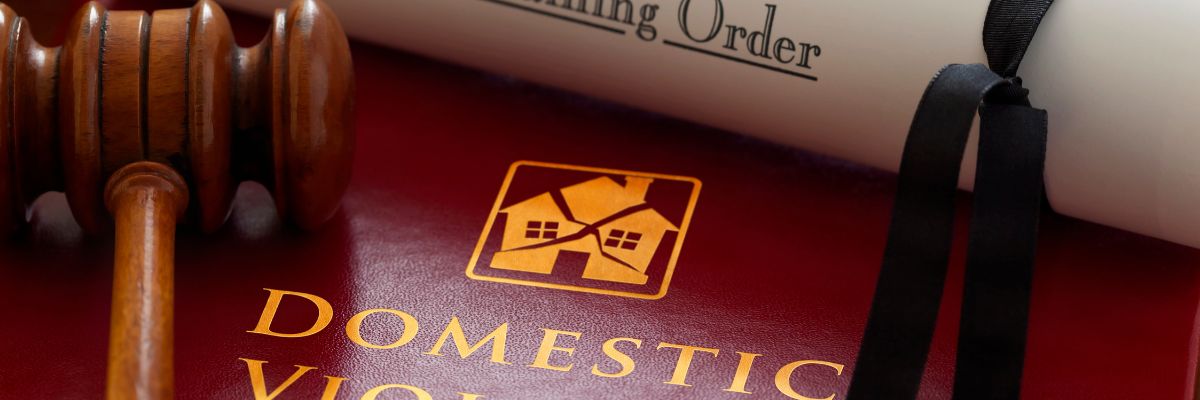Do I Need an Attorney For a Domestic Violence Protective Order Hearing?
A Domestic Violence Protective Order (DVPO) or 50-B Order is a civil order preventing a current or former member of a domestic or co-habitant relationship from contacting the other party. The basis for issuing such an order is that one of the party’s poses a serious threat to the other party and requires such an order to prevent imminent death or serious bodily injury.
The process begins when the complaining party goes to the local magistrate or clerk of court and fills out an application for an Ex Parte – Domestic Violence Protective Order. Ex Parte means the other party is not present. This order is also known as an Emergency Protective Order.
If the judicial official decides that the danger is significant enough, they will issue the Ex Parte order to keep the dangerous party away. This order is usually only issued for a week or ten days at the max. This is because the party that is restricted by the order has a right to be heard.
Once law enforcement serves the Ex Parte, the restricted party must not contact the complaining party in any manner, including through third parties. If the restricted party does make contact, they can be immediately arrested and given a bond.
Sometimes the official decides that there is not enough of a threat posed, and will deny the Ex Parte order, but will still order a hearing on the 50-B/DVPO order. The restricted party must be served by law enforcement with the summons to the hearing.
Many people, especially men, don’t realize the seriousness of the situation. They think that it is only a civil order by a judge to stay away and it won’t effect their lives. What they don’t realize is the civil order has criminal consequences!
The holder of the 50-B order only has to go to the magistrate’s office and say that the restricted party drove by them, or sent them a Facebook message, and a warrant for arrest will be issued. The restricted party will have to post a bond and defend themselves in criminal court.
If the party holding the 50-B is particularly vindictive, this process can get repeated over and over, forcing the other party to spend significant amounts of money on bonds and attorney’s fees. The validity of the allegations make no difference until they go to court. The damage has already been done.
Another common misconception is that if the holder of the 50-B order communicates or initiates contact with the restricted party, there is not a problem. Even if the holder of the order initiates the contact or communication, the restricted party can still be arrested. In other words, if you are restricted by such an order, the holder of the order controls you.
If you are facing such an order, there will be a hearing. Don’t consent to the judge issuing the order. Hire an experienced attorney to fight for you. If you don’t, you are consenting to the other party having a significant amount of power over you.





